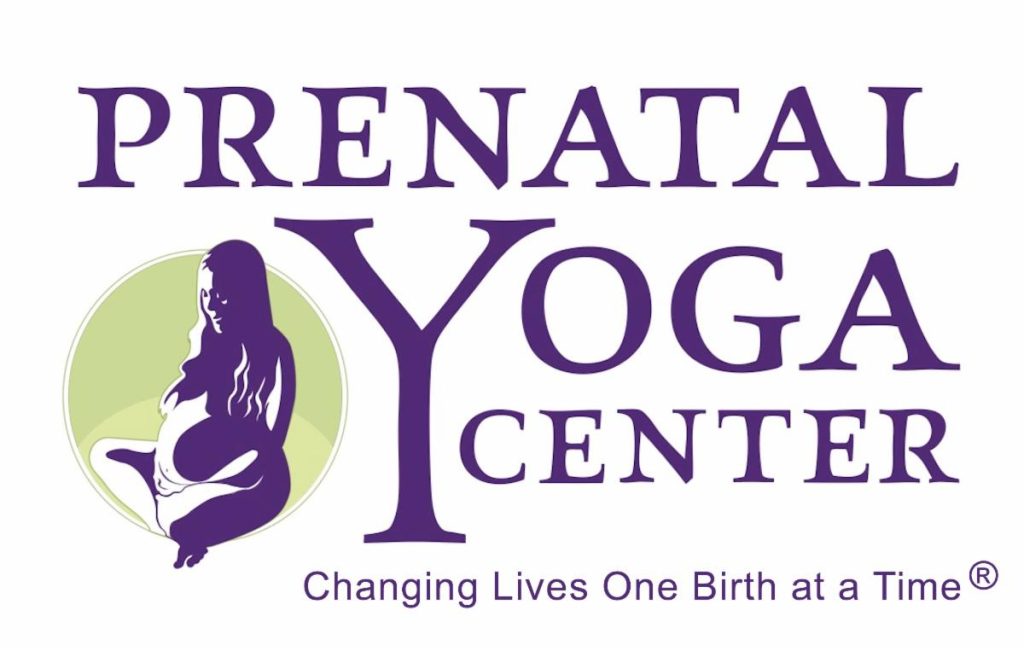I have just finished reading ‘And the Doula Makes Four’, an article on doulas and lactation consultants in last week’s New York Times. The article certainly does not paint a pretty picture of either vocation.
In any field there is a range of professionals and an equally wide range of beliefs and practices to which they adhere. Yes, there are some doulas who will not work with women who intend to use drugs. And there are others (myself included) who just want the mother to have the best birth experience possible, however SHE wants. Just as some doctors do not believe in natural birth, some doulas do not believe in medicated birth. Hopefully, the mother-to-be will select a doula whose philosophy is aligned with her own just as she would choose a doctor who will aid her delivery with respect to her preferences.
The examples given in the article of combative relationships between doulas and hospital staff seemed to be based on those doulas acting outside of the appropriate realm of a certified labor support doula. In my experience as a doula, I feel I go out of my way to stay friendly with the hospital staff. I think that most of my colleagues do, as well. The doula is hired to provide emotional and physical support as well as to be an advocate for the parents  not to be a source of tension and stress. A doula can, often times, help to avoid unnecessary routine interventions, but it is clearly against the DONA (Doula Organization of North America) guidelines to offer medical advice or to perform clinical or medical tasks. My personal practice is to offer my clients the best of my knowledge and inform them of the pros and cons of the options which are presented to them, as well as additional options, but never to make a decision for them. In fact, if I suspect that not all of the information is being offered openly and clearly explained, I will encourage the parents to ask for more details. And of course, I refer back to my “three questions”: Is the mother ok? Is the baby ok? May we have more time?
It is unfortunate that some doulas are causing strife for the parents and the hospital staff, establishing a negative stereotype of the “pushy doula”, especially as there have been numerous studies and research proving that the presence of a labor support doula helps to lower cesarean sections and routine intervention as well as adds to the mother’s satisfaction of her birth experience.
To date I have attended about 60 births, and only once was a doctor outwardly hostile to me. With this one exception, I got the sense that they welcomed my presence, as long as I didn’t try to impose on their practice. The nursing staff often seems relieved when I arrive. They are usually overburdened by the number of patients to care for, and my being there helps free them of some of the non-medical work. Furthermore, I find that my observations of and relationships with doctors and nurses have nurtured my practice as a doula. I have actually learned many useful techniques and ideas from watching and listening and learning from their experience.
For those on the fence about hiring a doula, I hope that Ms. Paul’s article has not made you decide against one. Please consider the encouraging stories as well, and look at all of the supportive research demonstrating the potential positive effects of having a labor support doula present. And please, PLEASE, PLEASE: Interview your doula and your doctor to make sure that you are assembling the best, most supportive team to possible for YOUR birth experience.
Here are some more research sources supporting the presence of continuous labor support:
Continuous Support for Women During Childbirth, new Cochrane Review through the Childbirth Connection (Formerly Maternity Center Association), July 2003
Listening to Mothers: Report of the First National U.S. Survey of Women’s Childbearing Experiences,Childbirth Connection (Formerly Maternity Center Association), October 24, 2002
Caregiver Support for Women During Childbirth: Does the Presence of a Labor-Support Person Affect Maternal-Child Outcomes?, American Family Physician, October 1, 2002
Lying in, Canadian Medical Association Journal, September 17, 2002
Care of Women in U.S. Hospitals, 2000, Agency for Healthcare Research and Quality, October 2002






